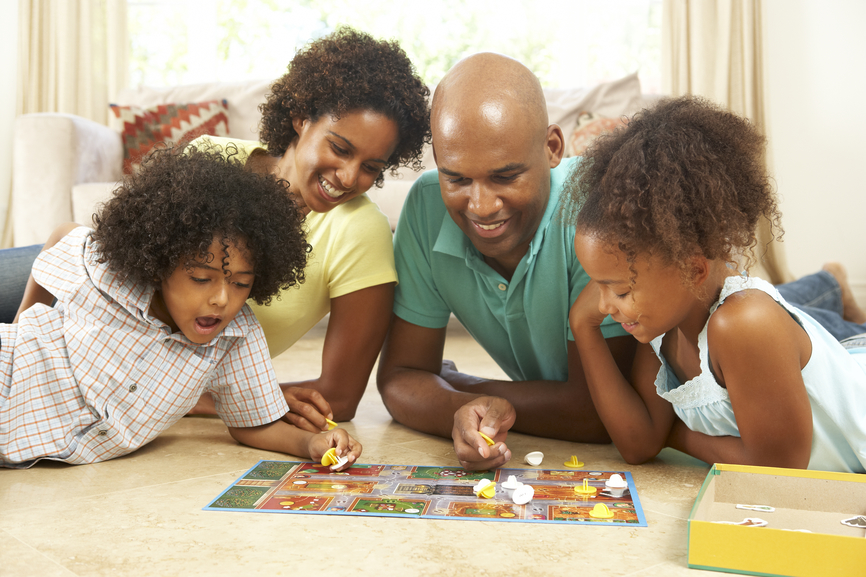Tamela Duncan is a Featured Contributor @ SheOwnsIt.com
Loneliness is crippling to many throughout our country and the world. Studies indicate that loneliness is deadlier than obesity, disturbing sleep, causing depression, and weakening the immune system. Neuroscience has identified that loneliness in recognizable in the brain and leaves lasting negative effects in the body. People who led lonely lives are more prone to illness, show earlier signs of cognitive decline, have higher rates of drug and alcohol use, higher rates of suicide and even prone to earlier death rates by 26%. It is considered not only a health issue but a disease. Loneliness affects people of all ages from adolescence through the elder years. Human beings have a fundamental need for relationships and to be with groups, in fact, we have an insatiable hunger to be with others. We are literally wired to connect with one another.
The issue of why we have become a culture of loneliness is complex. It stems from us having become a more transient society. We move away from our families of origins, we are continually relocating for higher education, for jobs, and job relocation – and we are divorcing from partners at higher rates than ever before…and living longer producing years of existing without being partnered. While these are all definitely contributors to loneliness, the biggest culprit is thought to be social media.
Social media is an interesting factor regarding loneliness, while it gives people something to do and does provide “informational” connections with others; it is actually a key ingredient in loneliness as it isolates. People in general will and do become absorbed and occupied with avenues of social media – and they feel they have had contact with others, but it does not, in fact, supply true social connection. Also, while people are engaged with others, there is often a horrific distraction to stay connected to social media. So, how we actually spend the time we do share with one another has changed drastically. Because social media occupies an exorbitant amount of people’s time, it eventually shuts them off from genuine personal relationships.
Studies show that loneliness began to soar two years following the launch of the commercial personal computer and again followed by the invention of the world wide web. Rapidly people have replaced good ole face to face contact with Facebook relationships, online dating, online (and off-line) gaming, texting, twitter, Instagram, Netflix, endless apps; scrolling screen after screen in efforts to be entertained and to know what is going on in other people’s lives. We make fewer actual phone calls, we have fewer outings and social gatherings, less family time and less time just hanging out with humans. Playing cards, board games, projects, and heart to heart conversations are becoming things of the past. A report by CNN Health found that the average American spends between 10-11 hours of screen time daily. That is time that was once spent chatting by the water cooler, sitting on a bench talking, going to lunch, going to libraries, Sunday lunches with friends and family, bowling, card games, and many other socially engaging activities.
But why are we avoidant in dealing with this issue? People are actually afraid of loneliness, embarrassed feeling that it is their fault which further complicates the issue. Loneliness creates insecurity, depression, and anxiety. The fear and anxiety drive people deeper into screen-time which only further isolates as it is an attempt to substitute real relationships for virtual relationships. People have a lot of social media “friends, followers and connections” but because they are superficial, they leave people feeling even more dissatisfied.
The internet, social media, and other forms of screen time are not all bad; in fact, they have probably moved our society forward in advancement more than anything else in the history of the world. It gives us entertainment, information, opportunities and broader options at our fingertips. But what it cannot give us is eye to eye contact, the touch of a hand, a tender moment, belly laughter or a hug. Those things come from true friends and personal connections. We all need to remember these computers are tools not relationships. They are a means to an end but they are not the emotional vehicle that we are trying to get them to be. That comes from sitting at a ballgame rooting for the home team, crying on the shoulder of a friend, helping one another parent our children. Community – that is the cure for loneliness. We need one another to experience life and to feel a part of something bigger than ourselves. The thing people report feeling the loneliest about is “having someone to do nothing with”.
So, enjoy your screen time, take advantage of the many opportunities it provides – but moderation in everything is essential. Make time to visit the elderly, volunteer, teach your children to bake and how to play Scrabble, go to ballgames, plays and music venues. Call a friend for no reason at all. Create rituals of sharing time with others…And as you do these things – try not to have that cellphone (minicomputer) to be any part of the experience.
